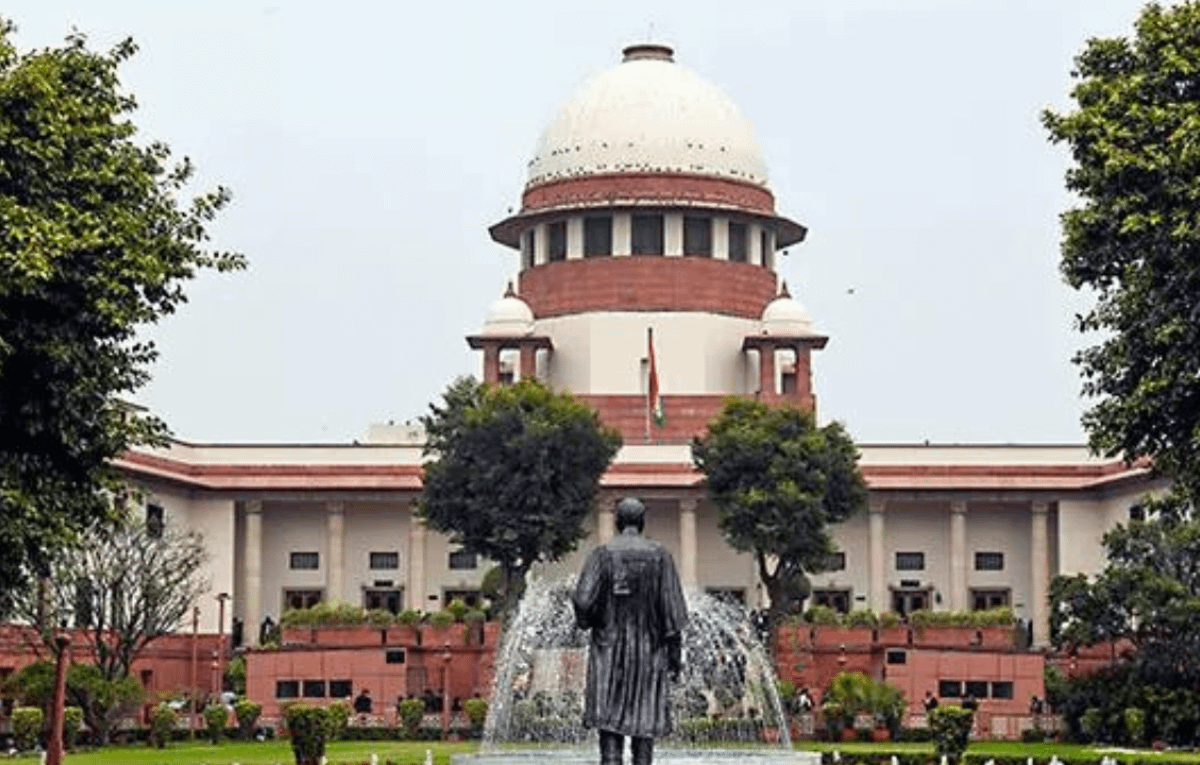The Supreme Court of India recently ruled on the authority of the Tamil Nadu Governor regarding the assent to state bills. This ruling addressed the legal implications of the Governor withholding assent and established clear timelines for decision-making. The judgement is in the context of the ongoing tensions between state governments and Governors, particularly in Opposition-ruled states.
Supreme Court’s Decision
The Supreme Court stated that the Tamil Nadu Governor made a legal mistake by sending re-passed Bills to the President.
The Court ruled that there is no such thing as an “absolute veto” or “pocket veto” under Article 200 of the Constitution.
Governors cannot keep delaying action on Bills forever.
The Governor must follow the advice of the State’s Council of Ministers.
If the State Assembly passes a Bill again after review, the Governor must give approval—unless the Bill is different from the original.
The Supreme Court set clear time limits for Governors:
1 month to decide on withholding assent,
3 months if going against the State Cabinet’s advice,
1 month to act on a Bill re-sent after reconsideration.
Implications of the Ruling
The Supreme Court’s decision stops Governors from misusing their powers to delay laws passed by state governments.
It reminds everyone that Governors are meant to follow the Constitution, not act like politicians.
It highlights that the law-making process is more important than personal or political opinions.
This decision can now be used as an example in other states like Kerala, West Bengal, Telangana, and Punjab, where Governors have also delayed signing Bills.
Constitutional Provisions on Governor’s Powers
Article 200:
The Governor has important powers when dealing with Bills passed by the State Legislature. When a Bill reaches the Governor, they can do one of the following:
Approve the Bill: The Governor agrees, and the Bill becomes law.
Reject the Bill: The Governor does not agree, so the Bill doesn’t become law.
Send it back: The Governor can return the Bill to the Legislature to look at it again and make changes if needed.
Send it to the President: In special cases, like if the Bill affects the whole country or goes against central laws, the Governor can send it to the President for approval.
Article 201:If the Governor sends a Bill to the President, the President has the final say. The President can:
Approve it: The Bill becomes law.
Reject it: The Bill does not become law.
Send it back (for non-Money Bills): If it’s not about money, the President can ask the Governor to return the Bill to the Legislature for changes.
The Legislature must act within six months.
If they pass the Bill again, it goes back to the President for a final decision.
Article 207:A Money Bill (a Bill about government spending or taxes) cannot be introduced in the State Assembly without the Governor’s permission.
Future of Legislative Processes
The Supreme Court’s use of Article 142 allowed it to grant assent to the pending bills, showcasing its power to ensure legislative processes are not obstructed. The ruling may prompt a re-evaluation of the role of Governors in the legislative process, particularly in states ruled by opposition parties.
Historical Context of Governor’s Powers
Historically, the Supreme Court has clarified the limits of the Governor’s powers. In previous rulings, it held that the Governor must act in accordance with the advice of the Council of Ministers. This latest ruling builds on a series of judicial interpretations aimed at curtailing the arbitrary use of power by Governors.
Committees and their Recommendations
Sarkaria Commission (1988)
Governors should not have powers that go beyond their role in the Constitution.
The Chief Minister should be consulted before appointing a Governor.
Governors should not be active in politics recently.
Governors should not control universities too much — states should have more say.
Punchhi Commission (2010)
Governors should make decisions on Bills in a fixed time (within six months for Bills sent to the President).
There should be stronger rules to stop the misuse of Article 356 (President’s Rule).
Venkatachaliah Commission (2002)
A committee should choose Governors.
This committee should include the Prime Minister, Home Minister, Speaker of the Lok Sabha, and the Chief Minister of the state.

Leave a Reply